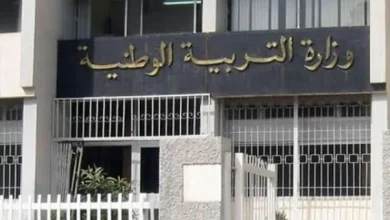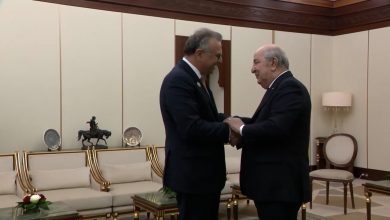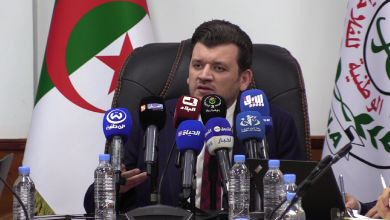Algeria has renewed its call for the reform of the United Nations Security Council, emphasizing the need to address historical injustices against Africa. Speaking at a Security Council session in New York, Algeria’s Permanent Representative to the UN, Amar Bendjama, highlighted the country’s commitment to the principles of the UN Charter and its readiness to collaborate with other member states to build a stronger, more just, and effective United Nations for current and future generations.
During the session titled “The United Nations: Looking Ahead,” Bendjama emphasized that while the UN Charter remains the cornerstone of multilateralism and international peace and security, its full implementation faces significant challenges. These challenges include frequent violations of its principles, selective approaches to international law, double standards, and persistent divisions within the international community. He warned that unilateralism, coercive measures, selective interpretation of the Charter’s principles, and the imposition of double standards undermine international trust and the effectiveness of the UN.
Bendjama reiterated Algeria’s firm belief that the UN must remain a universal and inclusive global platform. He stated that strengthening multilateralism requires restoring trust among member states through respect for the Charter, compliance with international law, and a renewed commitment to collective responsibility. Addressing the current crisis of confidence in the multilateral system demands urgent and comprehensive reforms to the Security Council, he added.
Algeria firmly believes that the Council must be reformed in its composition and working methods to ensure greater representation, transparency, and accountability. Bendjama seized the opportunity to reiterate Algeria’s call for correcting the historical injustice against Africa, in accordance with the Ezulwini Consensus and the Sirte Declaration. He emphasized that Africa’s legitimate aspirations for full representation should be central to any reforms. A more democratic, equitable, and representative Security Council would enhance its legitimacy, credibility, and collective resolve.
Furthermore, Bendjama highlighted the importance of revitalizing the work of the General Assembly to strengthen the overall role of the UN, particularly in matters of peace and security. This requires empowering the General Assembly, as the most representative body in the organization, to play its rightful role in advancing preventive diplomacy, mediation, and the peaceful settlement of disputes. Algeria places paramount importance on the advisory role of the International Court of Justice, he concluded. The need for Security Council reform is a key issue for many nations, particularly regarding fair representation and the ability to address global security challenges effectively. Increased representation of African nations is seen as crucial for the UN’s legitimacy and relevance in addressing issues on the continent.
Related: More algeria articles on DZWatch
Source: External reference



